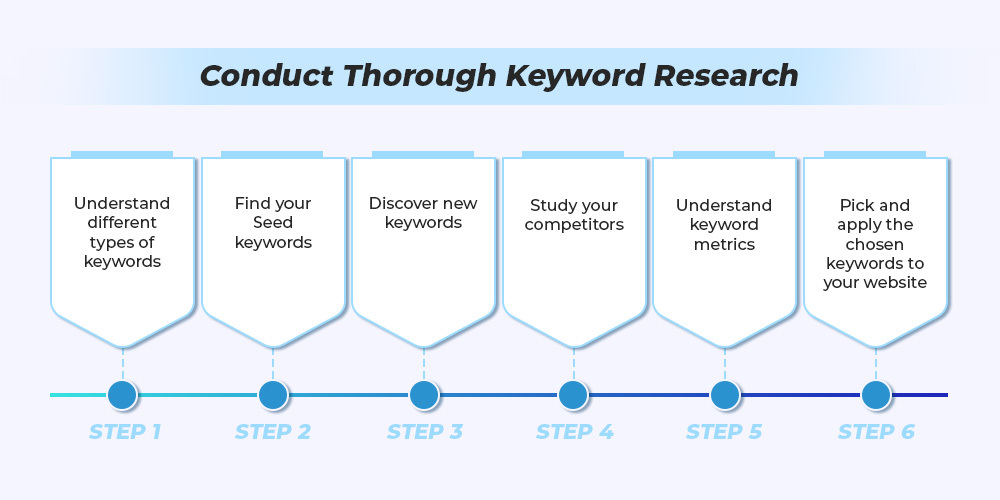How AI and ML is Revolutionising Product Information Management
The post How AI and ML is Revolutionising Product Information Management appeared first on Oporteo.

Artificial intelligence (AI) and Machine Learning (ML) are some of the hottest topics in the world right now. Most recently, Meta announced that it would start training its generative AI models by using existing social media content from Europe, with some backlash over data protection and copyright fears. Following a deal with ChatGPT-maker OpenAI, Apple announced the development of “Apple Intelligence” in a bid to keep up with its competitors. Even Netflix’s latest film release, Atlas, imagines a futuristic world built around AI’s transformative power. Therefore, it seems every tool, platform and solution available to businesses is utilising AI in some way to help you work smarter, faster and more cost-effective. But how can AI be applied to help wholesalers improve efficiency and enhance customer experience?
Key Areas:
One of the most crucial areas where AI and ML can significantly transform wholesale operations is via Product Information Management (PIM). A PIM system with AI and ML capabilities can substantially improve efficiency and accuracy by automating and enhancing various processes. Key areas where AI and ML are making a significant impact to product information management include:
Data Quality and Consistency
Accurate and consistent product information is essential for effective PIM. AI and ML algorithms can detect and correct errors in product information automatically. For instance, ML models can identify inconsistencies in product descriptions, incorrect pricing, or missing attributes and suggest corrections. This reduces the need for manual data entry and minimises human errors, ensuring that product information is always accurate and reliable.
Automated Data Enrichment
Adding more information to existing product records can make it more comprehensive and valuable. AI-powered PIM platforms can automatically enrich product data by fetching additional details from various sources. For example, algorithms can extract relevant information from product manuals, reviews, or manufacturer websites and integrate it into the PIM system. This enriched data enhances product descriptions and helps customers make informed purchasing decisions.
Image Recognition and Tagging
High-quality images are vital for ecommerce success. AI-driven image recognition technology can analyse product images and automatically generate tags and descriptions. This saves time and ensures that images are accurately described and categorised. Moreover, AI can identify visual similarities between products, making grouping similar items easier and providing customer recommendations.
Multichannel Integration
In today’s omnichannel environment, product information must be consistent across all channels, including ecommerce sites, mobile apps, and physical depots. AI and ML can streamline multichannel integration by automatically synchronising product data across various channels. This ensures that customers receive the same information regardless of where they shop, enhancing their overall experience.
Conclusion
While the benefits of AI and ML within a PIM system are undeniable, there are still some challenges businesses need to consider. For instance, these algorithms require large volumes of high-quality data to work properly. This demonstrates the crucial importance of having accurate and updated data from the outset.
In addition, businesses operating on legacy systems may not be compatible with modern AI and ML technologies. Integrating outdated systems with newer technologies can also be complex and costly. As a result, it’s necessary for businesses to invest in digital-first infrastructures that can, not only support new technologies but can handle increasing volumes of data and complexity without degrading performance.
Finally, AI and ML technologies can introduce ethical issues, such as algorithm bias, leading to unfair or discriminatory outcomes. Therefore, ensuring transparency and accountability in AI and ML processes is critical. Businesses should implement ethical guidelines for AI use and regularly audit their AI systems for bias and fairness.
To conclude, the integration of AI and ML into a PIM system opens numerous opportunities to make product information management more efficient, accurate, and customer-centric. By automating routine tasks and enriching product data, AI-driven insights enable businesses to deliver superior customer experiences and improve operational productivity. While there are challenges to overcome, thoughtful planning and a commitment to continuous improvement means businesses can successfully leverage AI and ML to transform their product information management processes.
Contact us to find out more
The post How AI and ML is Revolutionising Product Information Management appeared first on Oporteo.
What's Your Reaction?






























